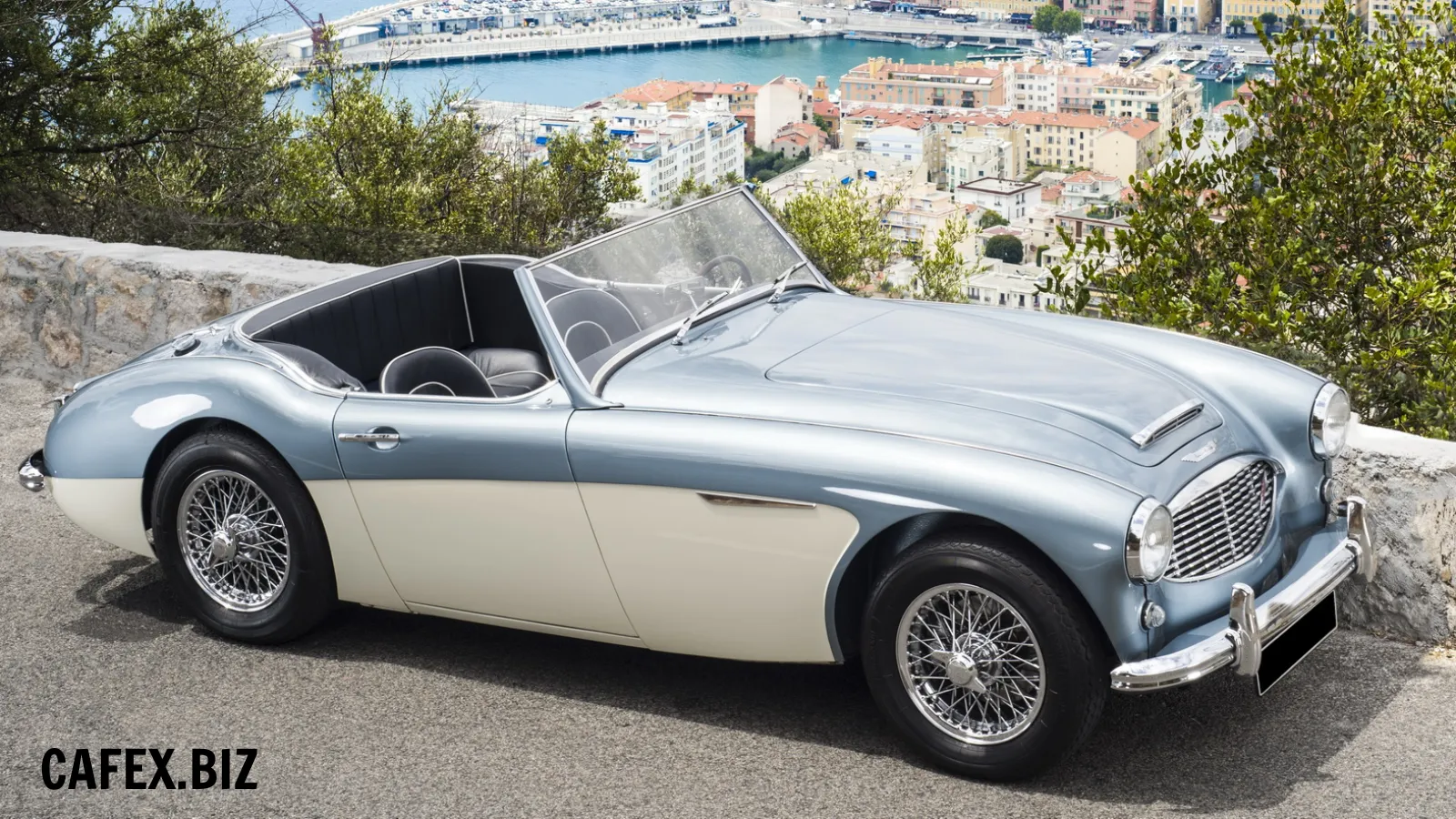Austin-Healey

The Austin-Healey was a popular British sports car brand that existed from 1952 to 1972. It was a joint venture between the British Motor Corporation (BMC) and the Donald Healey Motor Company. The cars produced under this marque were known for their classic styling, sporty performance, and affordability. The most famous Austin-Healey models were the "Big Healeys," which included the Austin-Healey 100, Austin-Healey 100-6, and Austin-Healey 3000. These cars were two-seater roadsters or convertibles with sleek designs. The 100-4 and 100-6 were produced from 1952 to 1959, while the 3000 was manufactured from 1959 to 1967.
Austin-Healeys achieved success in motorsports, participating in various races and rallies around the world. They performed well in events like the Mille Miglia, 24 Hours of Le Mans, and the Monte Carlo Rally, gaining a reputation for their speed and endurance. In 1952, Austin-Healey signed an agreement with BMC, which allowed them to use Austin mechanical components and benefit from BMC's manufacturing capabilities. This collaboration helped the brand produce cars in larger quantities and at a more affordable price point.
The Austin-Healey brand ceased production in 1972 due to a combination of factors, including stricter safety and emission regulations, as well as financial challenges faced by the British automotive industry during that time. However, the legacy of Austin-Healey continues to be celebrated by enthusiasts worldwide. Today, Austin-Healey cars are highly sought after by collectors and enthusiasts due to their classic design, driving experience, and historical significance in the world of sports cars. They remain iconic symbols of British automotive heritage.
